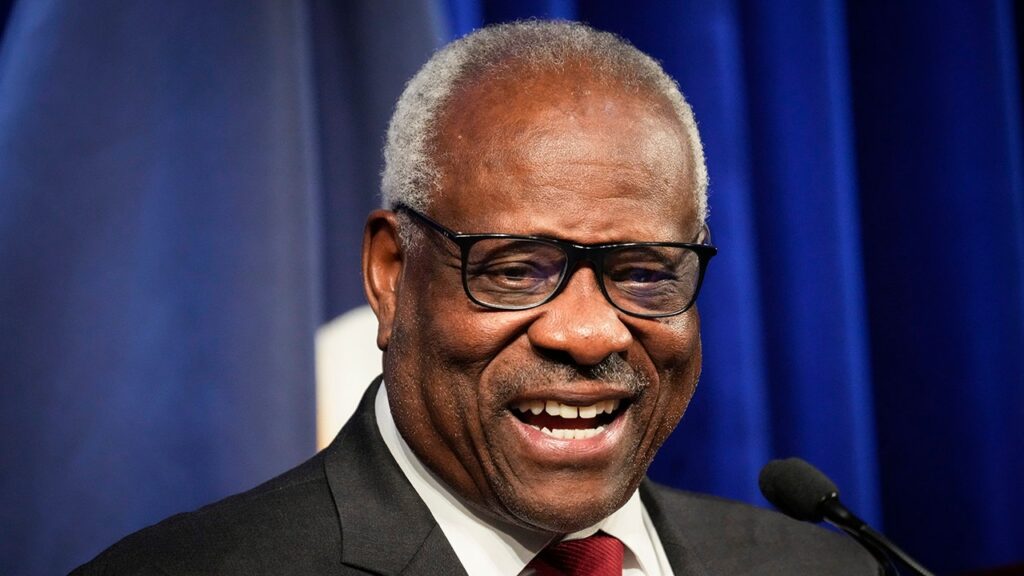Supreme Court Justice Clarence Thomas was born in Pin Point, Georgia on June 23, 1948. His family struggled with poverty, and his parents divorced when he was a toddler, leading his father to leave the family when Thomas was only two years old. After a house fire, Thomas was sent to live with his maternal grandfather, who had a significant influence on his life. In fact, Thomas titled his 2008 memoir “My Grandfather’s Son” in honor of him.
Thomas described his grandfather as a hero in his life, noting, “I even called him Daddy because that was what my mother called him… He was dark, strong, proud and determined to mold me in his image.” Thomas reflected on the impact of living with his grandparents in 1955 as the single biggest event in his early life. Despite attending segregated Catholic schools for Black children, he was the first Black student admitted to St. John Vianney, a Catholic minor seminary.
Although Thomas faced racially charged bullying at St. John Vianney, he excelled academically. After graduation, he intended to become a Catholic priest and entered Immaculate Conception Seminary. However, he experienced racism from classmates there and transferred to the College of the Holy Cross, where he graduated cum laude in 1971. Thomas went on to graduate from Yale Law School in 1974 and was admitted to law practice in Missouri the same year.
Throughout the 1970s and 1980s, Thomas held various roles, including serving as assistant secretary for civil rights at the U.S. Department of Education and chairman of the U.S. Equal Opportunity Commission. In 1990, he became a judge on the United States Court of Appeals for the District of Columbia Circuit. Following the retirement of Justice Thurgood Marshall, Thomas was appointed as an associate Supreme Court justice by President George H. W. Bush.
Thomas, the second Black member of the Supreme Court, was confirmed by the Senate in a 52-48 vote after a contentious confirmation hearing. He took his seat on the court on Oct. 23, 1991, at the age of 43. Known for his conservative views, Thomas had the most conservative Martin-Quinn score of any justice during the 2021-2022 term.
Outside of his work on the court, Thomas is married to Virginia “Ginni” Thomas and has one son, Jamal, from a previous marriage. Mark Paoletta, an attorney, close friend, and co-author of the book “Created Equal: Clarence Thomas in His Own Words,” has praised Thomas for his courage in applying the Constitution and remaining faithful to its text. Paoletta believes that Thomas will be remembered as one of the greatest justices for his dedication to upholding the Constitution.
In conclusion, Clarence Thomas’ journey from a childhood marked by poverty and racial discrimination to becoming a Supreme Court justice is a testament to his resilience and determination. Through his conservative ideology and commitment to interpreting the Constitution faithfully, Thomas has left a lasting impact on the highest court in the land.












